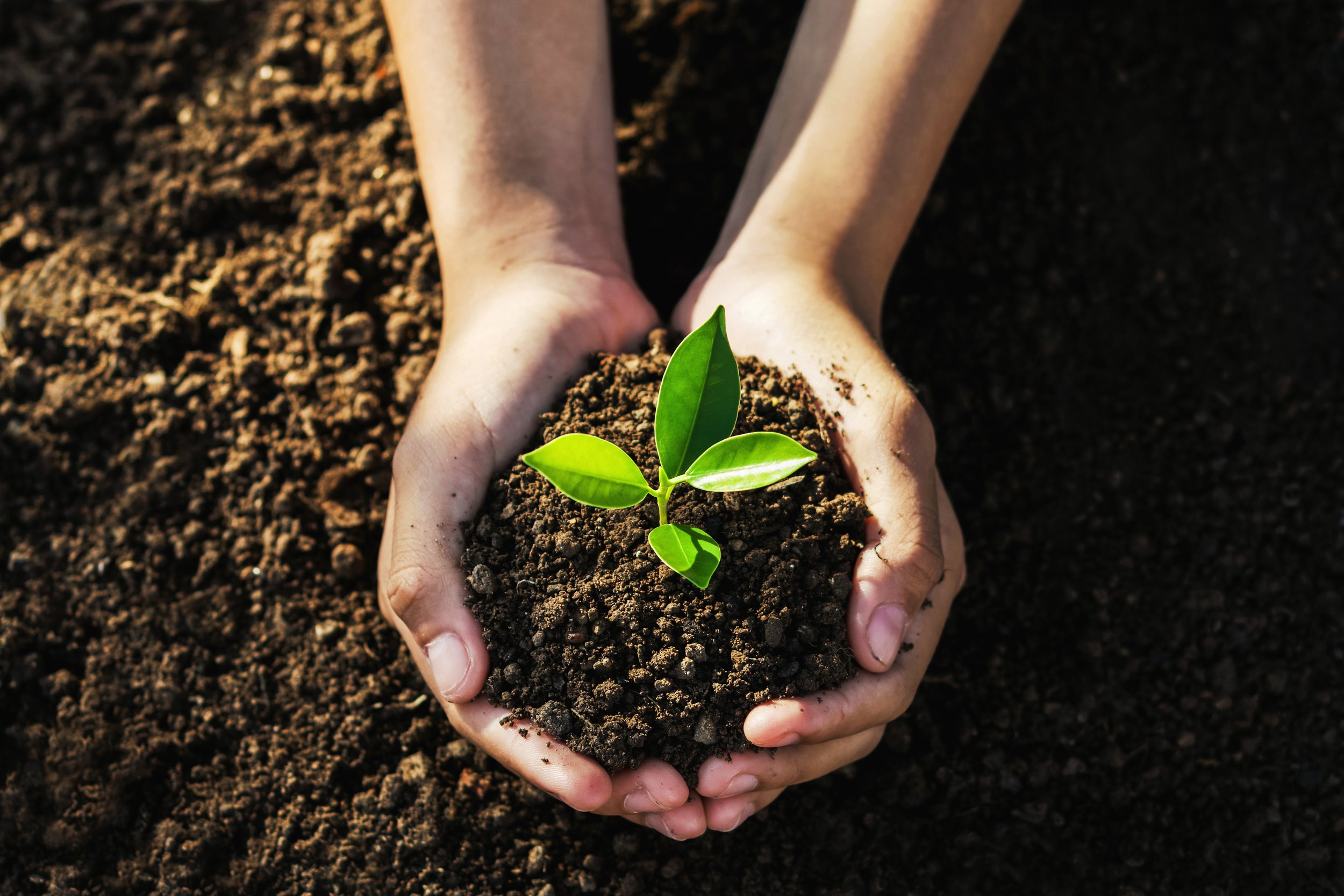Earth Day
Our modern lives wouldn’t be possible without the resources made available by our planet. Earth Day was founded in 1970 as a day of education about environmental issues, which is now celebrated globally. The atmospheric layers around the Earth protects it from the powerful sun we orbit, making an environment suitable for life. Thanks to the Earth’s protective atmosphere, humans have access to consumable water and nutrition. The science of agriculture is also made possible by Earth’s healthy climate, providing fertile soil for crop production and raising livestock. Earth provides the stable ecosystem that human-kind calls home, which is why it’s so important to take care of our planet.
Here are some incredible facts about our planet:
Natural resources exist on Earth without any human involvement and yet they’re extremely valuable to the economy. Natural resources are used to make food, fuel, and raw materials for the production of goods that support life.
The ocean produces up to 85% of Earth’s oxygen, thanks to phytoplankton that use photosynthesis to create oxygen the way plants do.
Ruminants play a valuable role in sustainable agriculture systems by converting rangeland and other feed materials that cannot be consumed by humans into a source of protein for human consumption.
The natural processes between plants, animals and the environment, including photosynthesis, pollination, and decomposition, create and shape natures communities.
Life is still present in the hottest location on Earth, Libya, where temperatures reach 136°F, and the coldest location, Antarctica, where temperatures can drop below -100°F.
The world’s longest mountain range is an underwater chain of volcanos called the mid-ocean ridge which spans over 40,000 miles.
How can you help create a more sustainable future?
Regenerative farming methods like no till farming and cover cropping helps to reduce erosion and water pollution and improves soil health. Years of poor farming practices due to a lack of proper education led to desertification and depletion of soil nutrients. Implementing soil conscious farming methods can help to reverse previous soil damage and ensure healthier soil in the future.
Do your part in keeping product waste from polluting our environment. Most things are recyclable, including aluminum, tin, carboard, paper, glass, and plastic. Use reusable water bottles, towels, straws, Tupperware, and grocery bags.
Grow your own ingredients or shop locally. Become more self-sufficient by growing your own fruits, vegetables, or herbs. If growing your own ingredients isn’t an option, choose the next best thing by shopping at local farmers markets or purchasing from farmers directly. By doing this you get fresher ingredients, support your community, and contribute to a reduction of emissions.
Spread sustainability awareness. Educate yourself and others on current environmental issues and learn how to help. Spend time in nature appreciating what the Earth provides for us.

